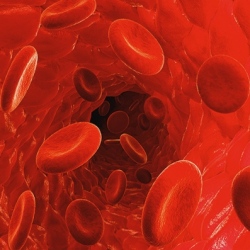
The immune system can be trained to attack itself to reverse a devastating autoimmune disease, in animal studies. US researchers treated Pemphigus vulgaris in mice by instigating civil war within the immune system, and say the approach could work in people. Experts said the treatment was creative and successful and they "loved it".
Autoimmune diseases result from the body’s defences turning rogue and attacking healthy tissue. In Pemphigus vulgaris, some B-cells start producing antibodies that attack the glue holding skin cells together. The result is severe blistering of the skin as well as the lining of the mouth, throat and genitals. It can be fatal.
The disease can be treated by using drugs to calm down the whole immune system, but that can leave the patient more vulnerable to infection. Using the immune system as a weapon to fight disease is already delivering remarkable results in cancer.
One approach is to re-engineer T-cells, which normally specialise in destroying infected cells, to instead attack cancerous cells. In one study using these modified T-cells, 90% of terminally ill leukaemia patients went into remission.
Researchers at the University of Pennsylvania refined the technique to change the targeting mechanism on T-cells so they attacked only the part of the immune system causing Pemphigus vulgaris. The experiments on mice showed the characteristic blistering could be prevented, without any impact on the rest of the immune system.
One of the researchers, assistant professor Michael Milone, told the BBC News website: "I think it’s an incredibly exciting time; we have the tools to manipulate immunity that we’ve never had before.
"Immunotherapy is changing the treatment of cancer, and we’re just at the beginning for autoimmunity."
